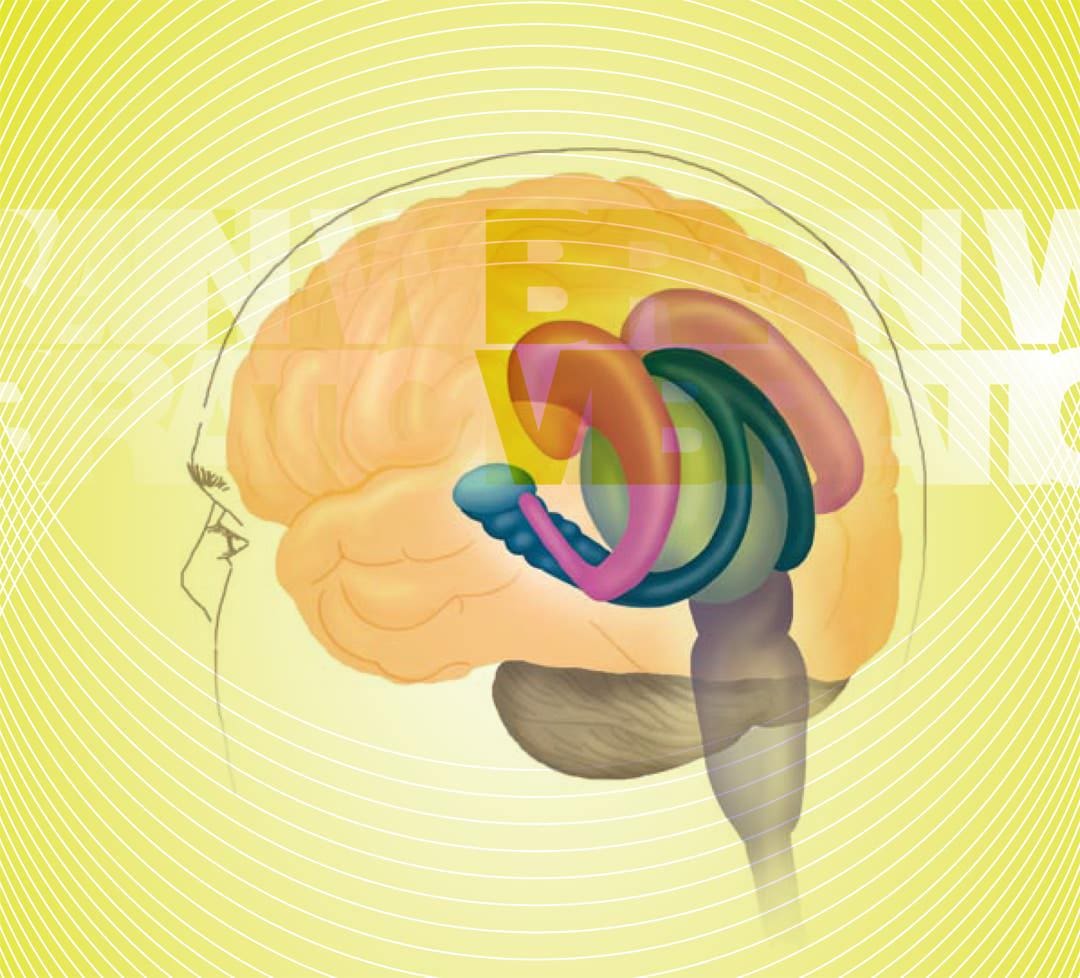Finnish researchers from the University of Helsinki reported in March that listening to classical music (in their case, Mozart’s Violin Concerto No. 3, in G major), enhanced the activity of genes involved in dopamine secretion and transport, synaptic neurotransmission, learning and memory, and downregulated the genes mediating neurodegeneration — the death of critical neurons for thinking and motor skills. Those used to playing a musical instrument, for example, may forget their loved ones and all memory may erase, though their capacity to play music will persist.
The Finnish team also reported: “One of the most up-regulated genes, synuclein-alpha (SNCA) is a known risk gene for Parkinson’s disease that is located in the strongest linkage region of musical aptitude. Several of the up-regulated genes were known to be responsible for song learning and singing in songbirds, suggesting a common evolutionary background of sound perception across species.”
These results are echoed by research done by The Auditory Neuroscience Lab at Northwestern University, which found that regular music-making strengthens nonmusical brain functions like memory, attention, vocal emotion, speech in noise, and even reading and language. Pitch is key to music and speech. Musicians are less likely to struggle with hearing in noisy circumstances than older adults who are not persistently exposed to music in their lives. The brain continues to profit from music lessons for four decades after these stop. Additionally, their research among children from poor communities has shown that music training gives an advantage to those from learning-deprived neighborhoods in terms of language and concentration. A child who is musically trained may do better than one from a privileged background who has not had music education.
Anticipation is one of the secrets to the joy we feel when we listen to music we enjoy, as listening to music accelerates activity in the caudate. This subregion of the striatum connects to sensory, motor, and associative regions of the brain implicated in learning through stimuli. The brain responds to the mathematical structure of music and starts organizing its thoughts around it, and effectively as we anticipate the music hitting certain keys we experience pleasure.
“All of this means that children who play a musical instrument have better cortical organization in attention skill, anxiety management, and emotional control,” according to James Hudziak, a professor of psychiatry at the University of Vermont and director of the Vermont Center for Children, Youth and Families.
It seems that Shinichi Suzuki was correct when in the 1950s he began teaching 2-year-olds how to play the piano (still a prevalent practice in Japan). He declared, decades before neuroscience proved him right: “I want to make good citizens. If a child hears fine music from the day of his birth and learns to play it himself, he develops sensitivity, discipline, and endurance. He gets a beautiful heart.”
Hudziak’s hypothesis was that music might be a better antidote for anxiety, aggression, and mental disorders in children than pills. His team used a database from the National Institutes of Health MRI study of normal brain development to analyze the brain scans of 232 healthy children aged 6 to 18 who play musical instruments. They found that playing music altered the motor areas of the brain promoting cortical thickness and helped improve “executive functioning, including working memory, attentional control, as well as organization and planning for the future.”
Baroque music, especially that of Mozart, with its characteristic 60-beats-per-minute pattern, activates the left and right brain, which maximizes learning and the retention of information. According to The Center for New Discoveries in Learning, learning potential can be increased five times using classical music from the baroque period. The ancient Greeks, as another example, sang their dramas because they understood how music could help them remember lines more easily.
Grace believes that not just classical music is helpful, she has found healing in Taylor Swift songs: “I also listen to a lot of show tunes especially ‘Le Miserable’ and ‘Annie.’ ” She and her mom smile and spontaneously start singing, “The Sun Will Come Out Tomorrow.”
Grace, who is wearing bright fuchsia lipstick, a red jacket, and a 1920s-style silver slide in her hair, and who has found it so hard to get the medical staff to ask her about her views, or to listen to her when she tries to speak, deserves the last words through her song: “Just let the music save you, Let your melody come through, Hold on to yourself, Let your true colors shine.”
This article was originally published in Brain World Magazine’s Summer 2015 issue.
Related Articles
- Creative Listening: How Music Can Boost Your Creativity
- Easy Listening — The Neuroscience of Music: An Interview with Dr. Daniel Levitin
- Healing All Wounds: A Closer Look at Traumatic Brain Injury
- Healing Music: An Interview with Stanley Jordan
- In The “Creative” Zone: An Interview with Dr. Charles Limb
- Making the Connection: Music for Healing and Wellness








